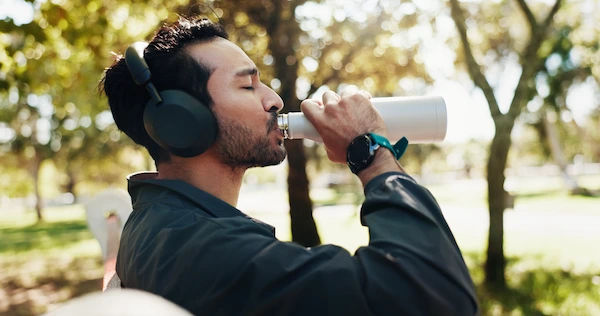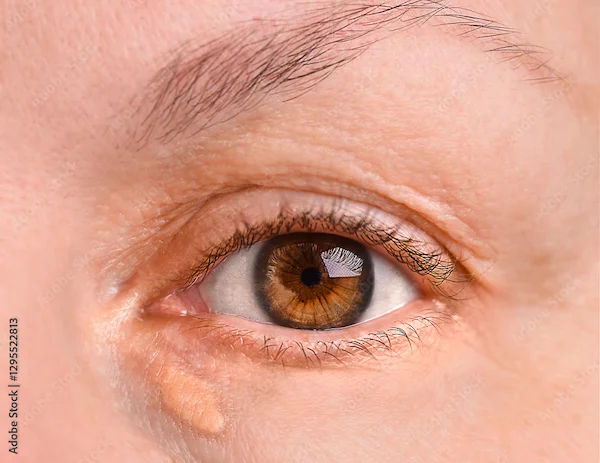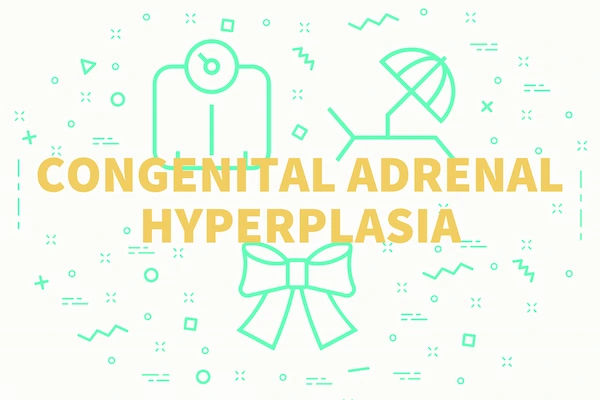Kidney Failure Treatment Options Without Dialysis
Explore effective kidney failure treatment options without dialysis, including medications, diet changes, and lifestyle modifications. Learn how to manage symptoms, slow disease progression, and improve quality of life naturally.

Written by Dr. Vasanthasree Nair
Reviewed by Dr. Vasanthasree Nair MBBS
Last updated on 11th Aug, 2025

Kidney failure, also known as end-stage renal disease (ESRD), is a serious condition where the kidneys lose their ability to filter waste and excess fluids from the blood effectively. While dialysis is a common treatment, many patients wonder if there are alternative options available. The good news is that depending on the stage and severity of kidney disease, some non-dialysis treatments can help manage symptoms and slow disease progression.
In this article, we’ll explore kidney failure treatment options without dialysis, lifestyle changes that can support kidney health, and when to consult a doctor.
Understanding Kidney Failure
Before discussing treatment options, it’s important to understand what kidney failure means. The kidneys play a crucial role in:
Removing waste and toxins from the blood
Balancing fluids and electrolytes
Regulating blood pressure
Producing hormones that help make red blood cells
When kidneys fail, harmful waste builds up in the body, leading to symptoms like:
Fatigue and weakness
Swelling in legs, ankles, or feet (oedema)
Shortness of breath
Nausea and vomiting
Loss of appetite
Confusion or difficulty concentrating
Non-Dialysis Treatment Options for Kidney Failure
While dialysis is often necessary for advanced kidney failure, some patients may benefit from alternative treatments, especially in earlier stages or when dialysis is not an option.
1. Medications to Manage Symptoms & Slow Progression
Doctors may prescribe medications to:
Control blood pressure: ACE inhibitors or ARBs help protect kidney function.
Reduce swelling: Diuretics (water pills) help remove excess fluid.
Treat anaemia: Erythropoietin (EPO) injections or iron supplements boost red blood cell production.
Balance electrolytes: Phosphate binders and potassium regulators prevent imbalances.
Consult a top nephrologist for the best advice
2. Dietary Changes to Support Kidney Function
A kidney-friendly diet can reduce stress on the kidneys. Key dietary tips include:
Limit protein intake: Too much protein increases waste buildup.
Reduce sodium (salt): Helps control blood pressure and swelling.
Monitor potassium & phosphorus: High levels can be dangerous.
Stay hydrated: But avoid excessive fluids if kidneys aren’t filtering well.
A dietitian can help create a personalised meal plan.
3. Herbal & Natural Remedies (With Caution)
Some natural supplements may support kidney health, but always consult a doctor before trying them, as some can be harmful. Potential options include:
Astragalus: May help protect kidney function.
Turmeric (Curcumin): Anti-inflammatory properties.
Cranberry extract: Helps prevent UTIs, which can worsen kidney disease.
4. Lifestyle Modifications
Healthy habits can slow kidney damage:
Quit smoking: Smoking worsens kidney disease.
Exercise regularly: Helps control blood pressure and weight.
Manage diabetes & hypertension: These are leading causes of kidney failure.
5. Kidney Transplant (Alternative to Dialysis)
For eligible patients, a kidney transplant is the best long-term solution. A healthy donor kidney can restore normal kidney function, eliminating the need for dialysis. However, finding a donor and undergoing surgery requires medical evaluation.
When Is Dialysis Necessary?
While non-dialysis treatments can help, dialysis becomes essential when:
Kidneys function below 10-15% capacity.
Severe symptoms like fluid overload or toxin buildup occur.
Other treatments are no longer effective.
Your nephrologist (kidney specialist) will guide you on the best approach.
When to See a Doctor
If you experience symptoms of kidney disease, consult a doctor immediately. Early intervention can prevent further damage.
Apollo 24|7 offers expert nephrology consultations and kidney function tests. You can book an appointment online for personalised advice.
Conclusion
While kidney failure is serious, non-dialysis treatments can help manage symptoms and improve quality of life. Medications, diet changes, and lifestyle adjustments play a crucial role. Always work closely with your healthcare team to determine the best treatment plan for your condition.
If you or a loved one is dealing with kidney disease, remember, early care makes a big difference. Stay informed, follow medical advice, and take proactive steps to protect your kidney health.
Consult a top nephrologist for the best advice
Consult a top nephrologist for the best advice
Dr Gayatri Pegu
Nephrologist
15 Years • MD (General Medicine) DM(Nephrology)
Guwahati
Apollo Clinic Guwahati, Assam, Guwahati

Dr. Pardha Saradhi
Nephrologist
9 Years • MBBS, MD-DNB (Gen. Med.), DNB (Nephro)
Hyderabad
Apollo Hospitals D R D O kanchanbagh, Hyderabad
(75+ Patients)

Dr Praveen Kumar Etta
Nephrologist
10 Years • MBBS,MD DM(SGPGI) FORMER ASST(PIMS)
Hyderabad
Apollo Spectra Ameerpet, Hyderabad

Dr. Manju Kamal
Nephrologist
12 Years • MBBS,MD(General Medicine), DNB,DM(Nephrology)
Angamaly
Apollo Hospitals Karukutty, Angamaly

Dr. Jignesh Pandya
Nephrologist
27 Years • MD(Medicine), DNB(Nephrology).
Bilaspur
Apollo Hospitals Seepat Road, Bilaspur
(25+ Patients)




